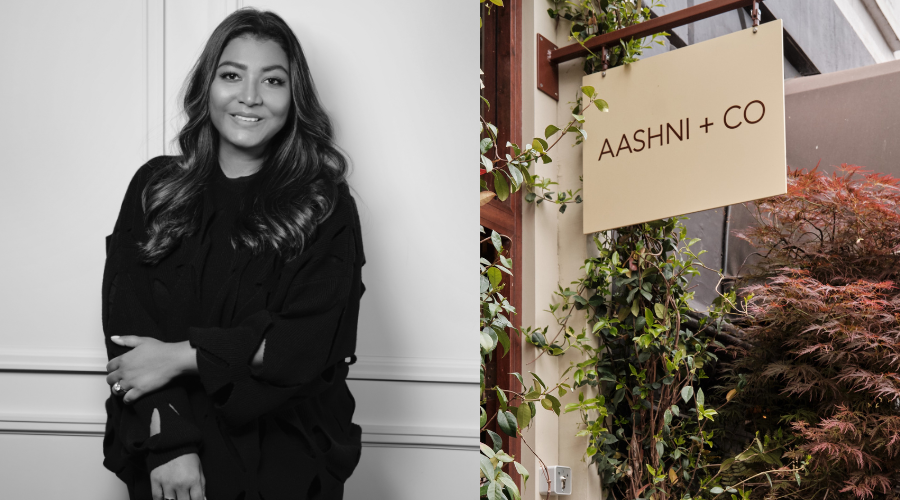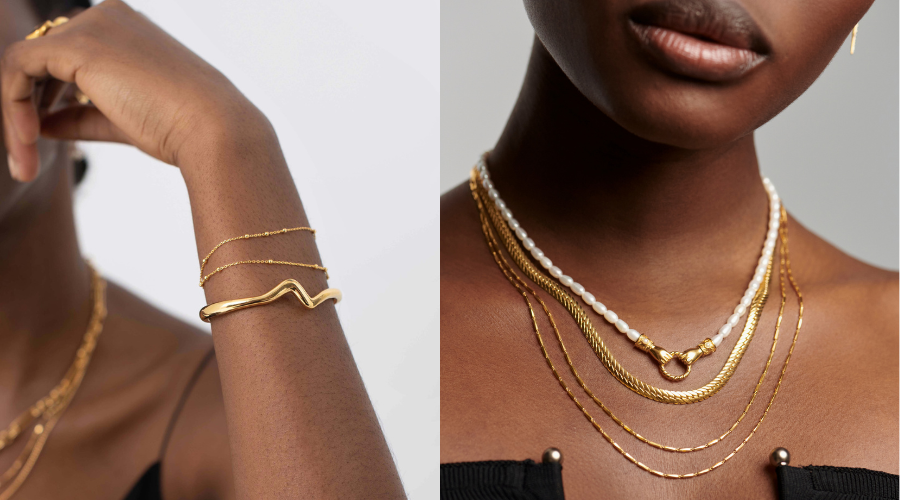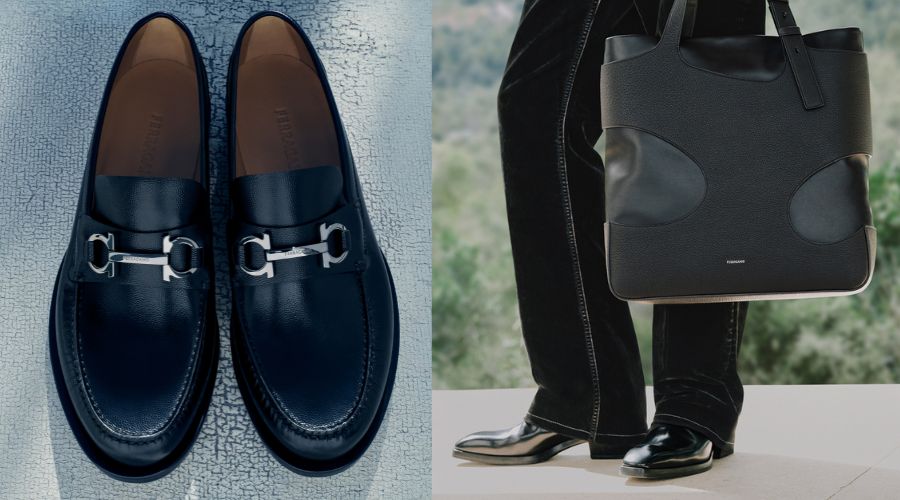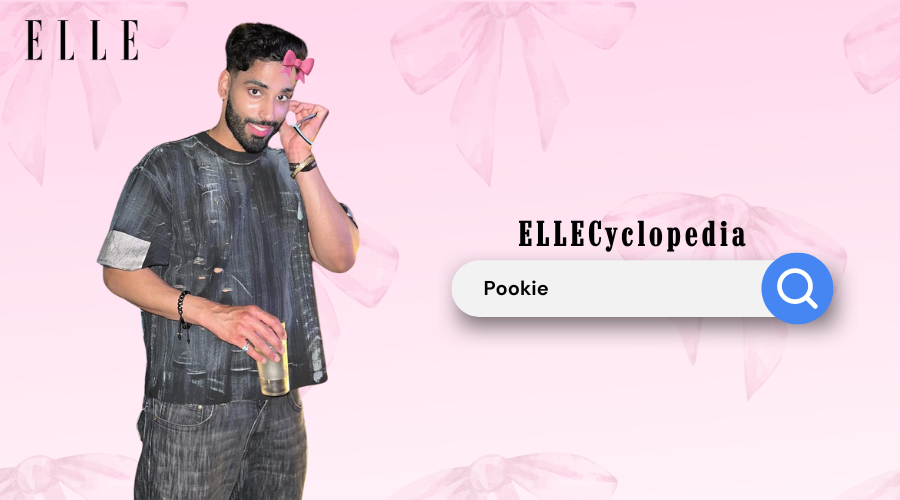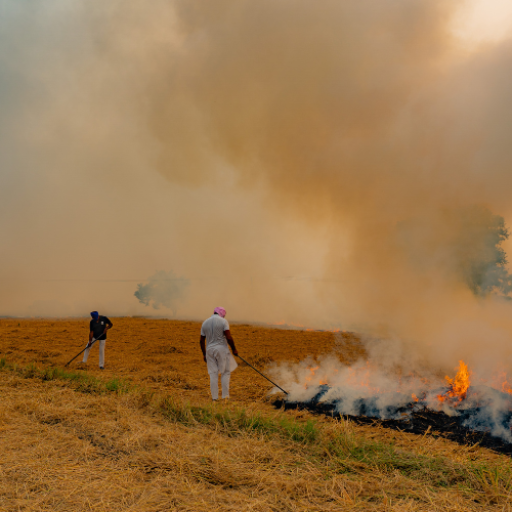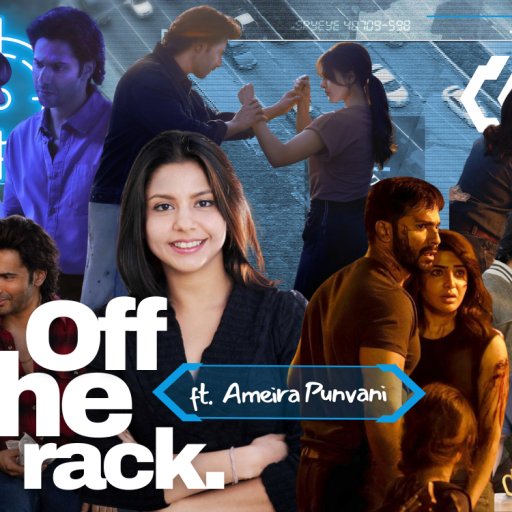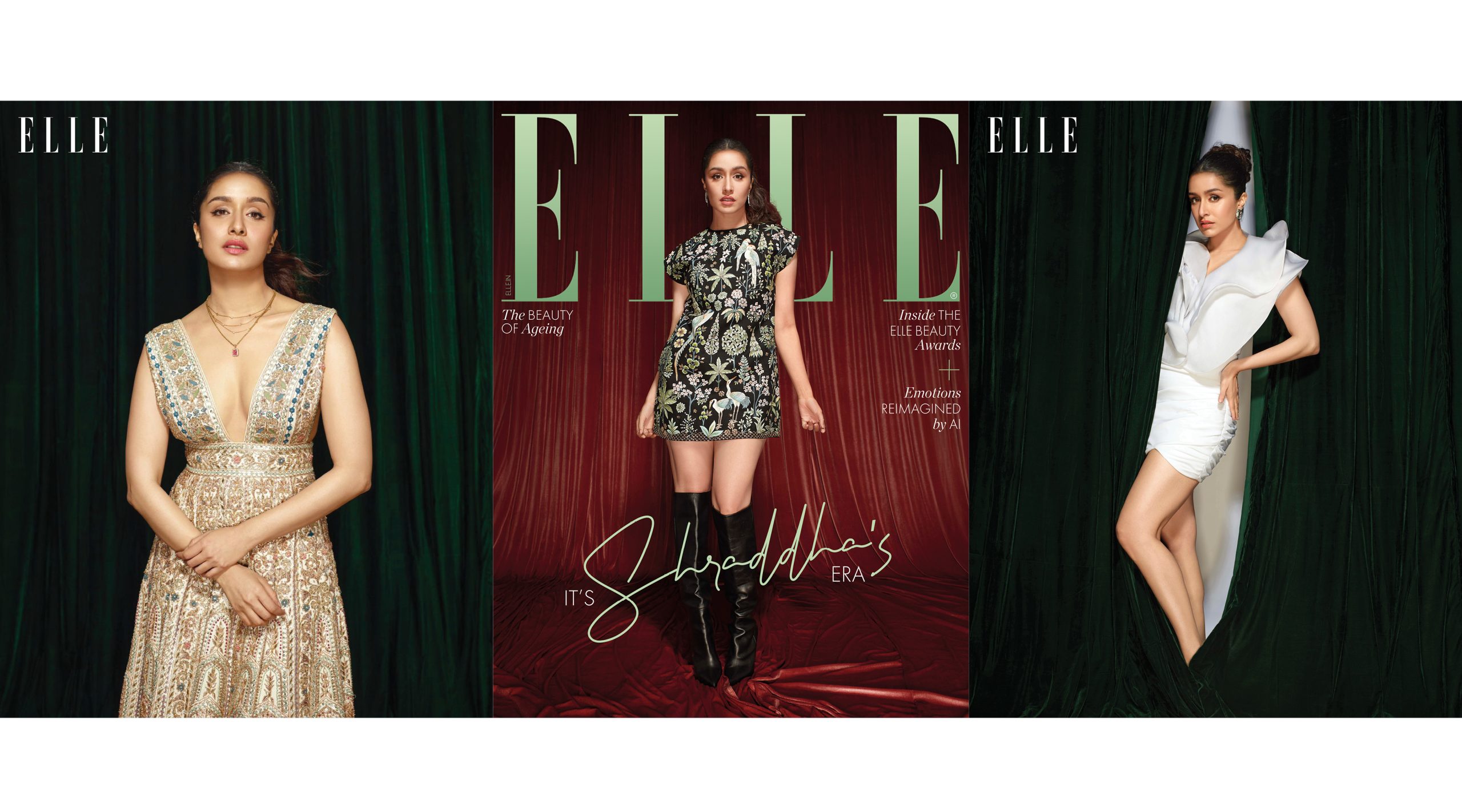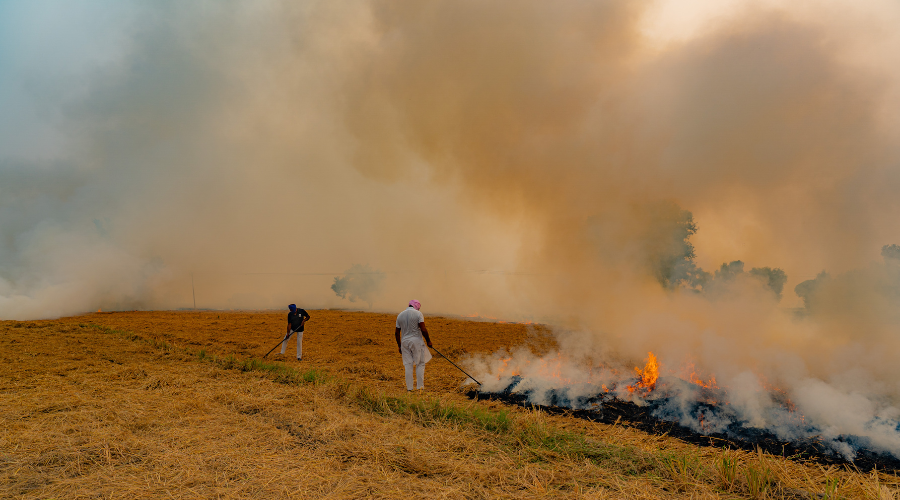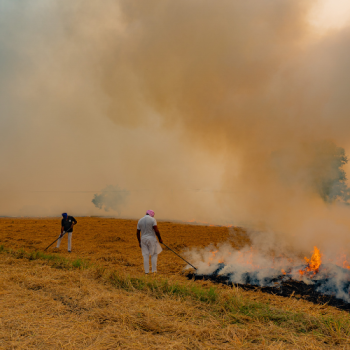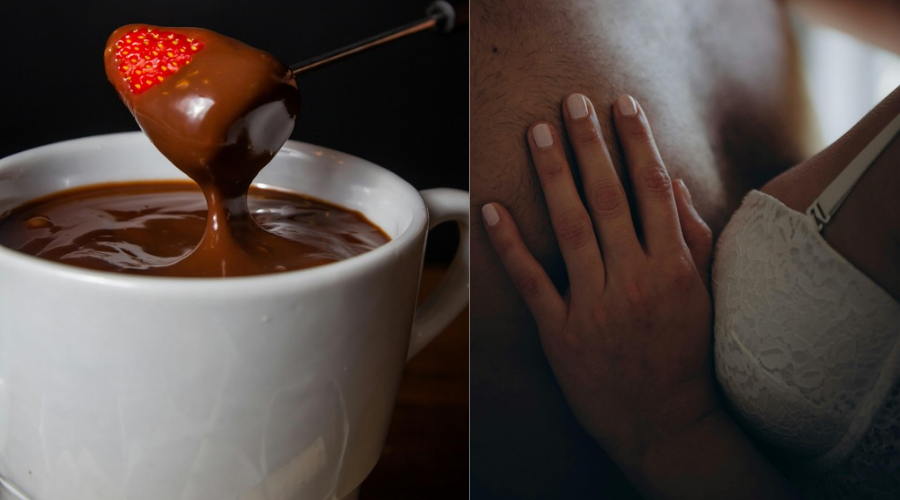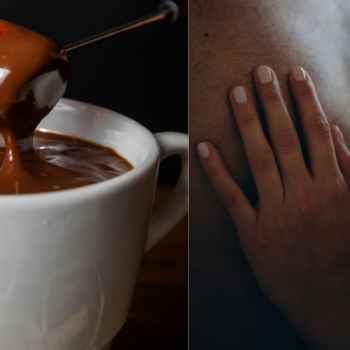It’s been say, half a year, since the word ‘pookie’ has been dominating our social media algorithms (initially against our will, but we’re now indoctrinated). Be it Instagram, TikTok, or even X, the Gen Z tongue has graciously welcomed the term and they’re saying it more frequently, now whether ironically or sincerely, that’s open to interpretation.

The main reason ‘Pookie’ started to gain popularity was Prayag Mishra, an internet celebrity whose popularity and follower count soared at the speed of light. Prayag, who goes as ‘Big Pookie,’ is the poster child for the ‘sassy man apocalypse.’ More on that later. He posts funny vlogs from his car, talking straight to the camera and occasionally jokes with the supporters he calls ‘Pookie Nation.’ I may or may not identify as one of them given the time I’ve spent on his feed (purely for journalistic purposes).
And as for the sassy man apocalypse, this phrase is a trickled-down phenomenon because of all that Pookie hangover. For the past year, ‘sassy men’ have become a contentious topic on social media and the term ‘sassy man apocalypse’ has been used to characterise the rise of expressive males with larger attitudes, which some have labelled as borderline feminine.
At first, the term sassy was frequently used in a disparagingly homophobic way. However, the pivot in the internet’s tone changed, courtesy of videos of girlfriends mimicking their boyfriends’ behaviours (cutely). And sassiness as the charming antithesis of toxic masculinity was a refreshing perspective after all the macho man pedestalisation all these years.
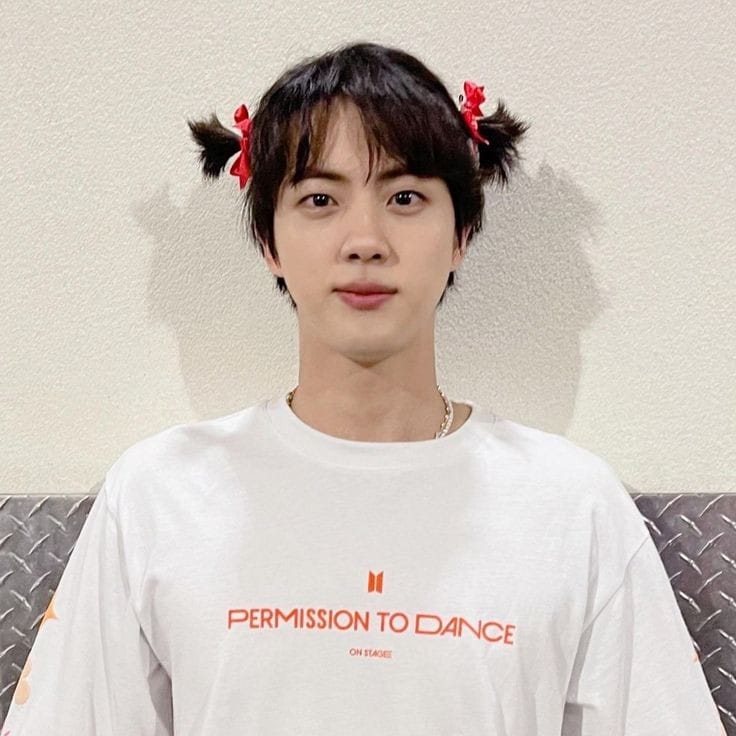
Pookie history lesson
The phrase can be traced back to Germany in the 1900s, but it moved to the West in the 1960s. Eventually, it appeared in the Garfield television series, where Garfield’s teddy bear was given the name ‘Pooky.’ Yes, with a ‘y.’ Then, it started to become a more widely used term of endearment around the middle of the 2000s.
However, it now obviously goes beyond that. “Pookie” is now associated with social media influencers and celebrities who have made the term a mainstay of their material, transcending its original meaning and even losing its cutesy connotation. The phrase is now linked to the divergent viewpoints expressed on social media over Prayag and other content creators in the same pool.
maybe pookie is a 29 year old spanish driver pic.twitter.com/btdW9DfA1Q
— mell⁵⁵ (@wisteriaveres) June 13, 2024
However, the cultural emphasis that these phrases are Gen Z inventions hides their true history, which is almost usually African American Vernacular English (AAVE) that white audiences just learned about online. Many people view the adoption of this language into common vocabularies as an instance of digital appropriation.
Pookie is a perfect illustration of TikTok’s ability to appropriate and popularise regional phrases, reducing their nuanced meanings to something more digestible for online consumption, as it continues to evolve and spread throughout the site.
Also Read: ELLECyclopedia: Versace’s Medusa Emblem Is A Masterclass In Building An Unparalleled Visual Identity

